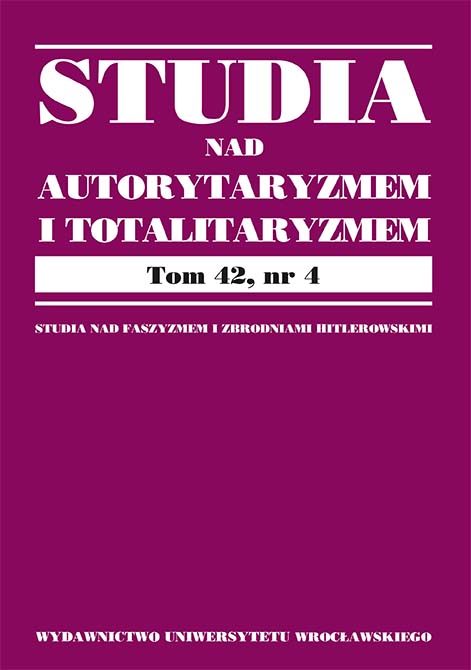

Articles

The aim of the article is to analyze Noam Chomsky’s views on the system in the United States, which he included in his book Requiem for the American Dream: The 10 Principles of Concentration of Wealth & Power. Research questions that are the subject of analysis are issues related to the role of positive law in power relations. Does it determine the actual structure of power, namely does it set the powers and limitations of individual institutions, or is it just an idea camouflaging reality? In other words, is the legal system and, above all, is the Constitution a pillar or a facade of power structures? The research was conducted using the method of analyzing the text’s content including Chomsky’s political views on power structures and system (macrosystem) analysis.
According to Chomsky, we are dealing with a concentration of wealth and power in the hands of a small group consisting of the richest. His views fit into the ideological current of the American New Left. Chomsky tries to describe the modern system of power and describes the negative consequences of this state of affairs. At the same time, he emphasizes that previous generations won quite a large range of freedom for society, thanks to which it had a unique opportunity to change this state of affairs. In order to reach as many readers as possible, Chomsky presents his views in plain language and points out the actual principles of the functioning of power structures in the United States. He shows how they effectively take control over society and politicians. The conclusions that can be drawn from his considerations are that in the current state of affairs we are dealing with hypocrisy of the system consisting in dissonance between the provisions of the Constitution and the legal system establishing the system of representative democracy, and the political reality. Chomsky emphasizes that the American dream of democracy has not come true, because the majority of society has no influence on the actual decisions made by politicians. This means that the power system does not guarantee the implementation of explicitly written principles of law because its interpretation and application depends on the interests of the entities actually wielding power, whose source is exclusively wealth. Chomsky is one of the representatives of the New Left, according to which the existing structures of power should be described as a “corporate state,” and its characteristic feature is totalitarianism, based not on brutal violence, but on “psychological repression” against the individuality of people. Chomsky’s goal is to unmask the actual structures of power because he believes that citizens aware of these mechanisms, thanks to the freedom of association and freedom of speech, are able to change this state of affairs.